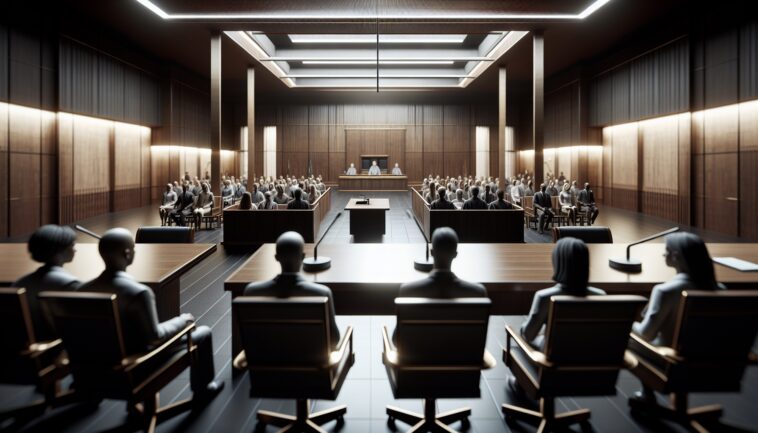Table of Contents
Introduction to the free speech debate
In recent months, the United Kingdom has witnessed a growing concern regarding the state of free speech, particularly in relation to controversial topics such as abortion. The cases of Livia Tossici-Bolt and Adam Smith-Connor have sparked significant debate about the balance between individual expression and legal restrictions.
These incidents have drawn international attention, including remarks from the U.S. State Department, highlighting the importance of safeguarding fundamental freedoms.
The case of Livia Tossici-Bolt
Livia Tossici-Bolt, a 64-year-old British woman, found herself at the center of a legal battle after she was charged for holding a sign that read “Here to talk, if you want” outside an abortion facility in Bournemouth.
This action was deemed a violation of a local public spaces protection order (PSPO), which establishes a 500-foot buffer zone around abortion clinics to prevent any form of influence on individuals seeking services. Tossici-Bolt’s case raises critical questions about the limits of free expression and the implications of such laws on peaceful dialogue.
In a statement, she expressed gratitude towards the U.S. State Department for acknowledging her situation, emphasizing that Great Britain is supposed to be a free country. Her assertion that peaceful expression is a fundamental right resonates with many who believe that offering a conversation should not be criminalized.
The upcoming verdict, which will be delivered by District Judge Orla Austin, is being closely monitored by advocates for free speech.
Adam Smith-Connor’s silent prayer
Another significant case that has drawn attention is that of Adam Smith-Connor, a British Army veteran who was convicted for silently praying outside an abortion clinic.
His actions, which he described as a peaceful expression of faith, led to a hefty fine of nearly $12,000. Vice President JD Vance highlighted this case during a recent address, criticizing what he termed “Soviet-style” censorship in Europe.
Smith-Connor’s experience underscores the growing tension between religious expression and legal boundaries in the UK.
Vance’s remarks reflect a broader concern about the erosion of conscience rights and the implications for religious individuals in Britain. As more cases emerge, the question remains: how far can the government go in regulating speech and expression without infringing on fundamental rights?
The implications for society
The increasing scrutiny of free speech in the UK has sparked a wider conversation about the role of government in regulating expression. Critics argue that laws like the PSPO not only limit individual freedoms but also create an environment of fear and censorship. The chilling effect of such regulations can deter individuals from expressing their beliefs or engaging in discussions on sensitive topics.
As the cases of Tossici-Bolt and Smith-Connor illustrate, the intersection of free speech and legal restrictions is a pressing issue that demands attention. Advocates for free expression are calling for a reevaluation of these laws to ensure that the UK remains a place where individuals can engage in open dialogue without fear of legal repercussions. The outcome of these cases may set a precedent for how free speech is treated in the future, making it crucial for society to remain vigilant in defending these rights.




